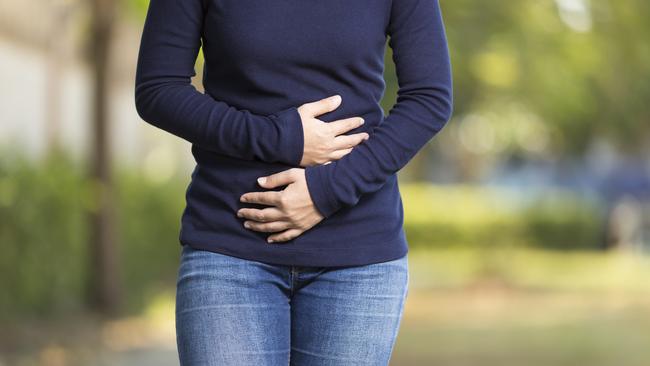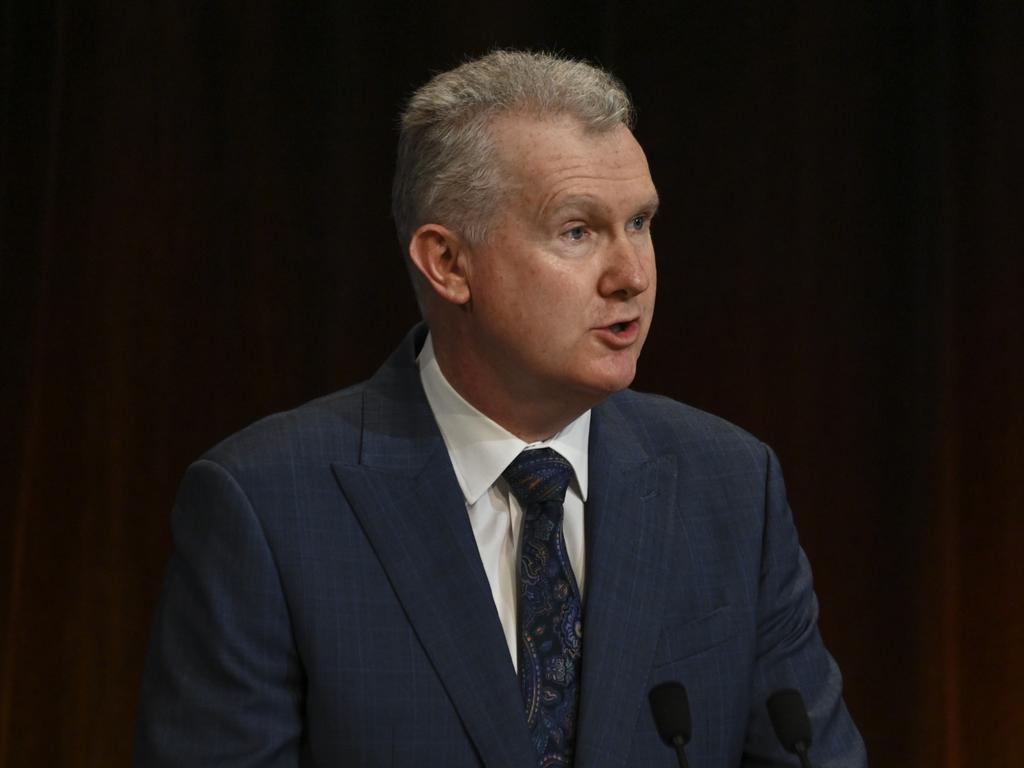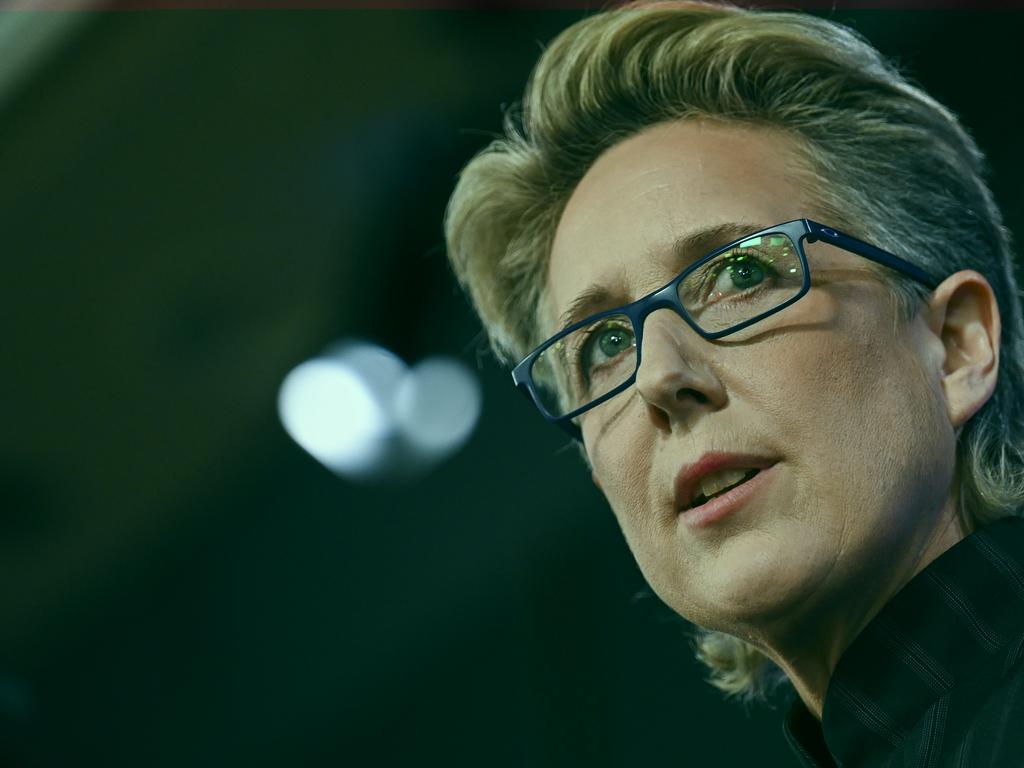Union push for menstrual, menopause leave
Unions have declared that current leave entitlements do not adequately reflect the health experiences of women.

Unions will launch a national campaign for menstrual and menopause leave, declaring current leave entitlements do not adequately reflect the health experiences of women.
The unions, backed by prominent employment law firm Maurice Blackburn, eventually hope to have menstrual and menopause leave enshrined in the Fair Work Act as a uniform legislative standard in a similar manner to paid family and domestic violence leave.
The Australian Workers Union, the Transport Workers Union, the Rail, Tram and Bus Union and the United Workers Union have started surveying members ahead of the campaign, with officials acknowledging it would be a challenge to secure the entitlement.
AWU Queensland branch secretary Stacey Schinnerl said leave entitlements needed to be modernised to reflect the specific health experiences of women.
“Some women suffer throughout their entire working life. From the age they begin menstruating, to pregnancy – complications can arise in conceiving, carrying and post-natal issues, then peri-menopause symptoms arrive, followed by menopause,” Ms Schinnerl said.
“With this in mind, 10 days leave per year, and the current flexibility arrangements under the are insufficient in recognising the health concerns women face, in contrast to men – who receive the same entitlements but experience none of those health hurdles.”
Ms Schinnerl acknowledged the unions would be trying to “win the hearts and minds of probably a really tough crowd, to be honest”.
“We’re under no illusions that this is going to be a difficult conversation for a myriad of reasons,” she told The Australian. “One, because it’s something that is inherently a guarded and difficult conversation for men to engage in anyway.
“But, moreover, we are going to have to deal with the battle around men saying “well, what do I get?” which traditionally seems to raise its head when we are talking about improving conditions for women in the workplace.
“What men get is an uninterrupted existence while women can get a very traumatic and painful experience every single month for every single year of their reproductive lives. If women could choose, we would not experience this. We would like to opt out but that’s not our reality.”

Menstrual and menopause leave was approved by the Spanish Government this year with women able to access at least three day a month. Japan, Indonesia, South Korea, China and Taiwan also have menstrual leave entitlements.
While the Australian unions have not yet settled on the specific number of days they would claim, one option would be for one day or month or at least 12 days a year.
While the entitlement has been achieved in some enterprise agreements, unions are developing a model clause that they would seek to have inserted into enterprise agreements.
Maurice Blackburn lawyer Jessica Heron said existing leave provisions under the Fair Work Act were insufficient as they did not allow women to take personal leave for menstrual-related pain.
She said experience of menstrual related pain did not neatly fall within the illness or injury qualifications for taking personal/carers leave under the Fair Work Act.
“The most effective way of combating this unfairness is to create a uniform legislative standard allowing for additional leave days under the Fair Work Act. Women should be given at least 12 extra days leave a year, or one day per month,” Ms Heron said.
Ms Heron said the additional leave was a crucial step to addressing gender equality in Australian workplaces.
“Women usually bear the brunt of the family responsibilities, often working flexible hours or taking carer’s leave to accommodate daycare or school hours, or sick kids. They shouldn’t have to deplete their personal leave further if they regularly experience debilitating period or menopause symptoms, as many women do,” Ms Heron said.
The TWU’s Lana Goodman-Tomsett said many women are forced to hide period pain from their employers or take pain killers to mask symptoms and continue working.
“It’s clear that the world of work as we know it was not established for women to be equal contributors. In 2022 many women are forced to suffer in silence and just get on with it, compromising their own health and wellbeing just to participate in the workforce, especially
in male-dominated industries” Ms Goodman-Tomsett said.
“Women hide their period pain and say they’re sick and don’t extrapolate any further when suffering. Many are afraid to share a diagnosis, or discuss symptoms, including ongoing pain for fear of bosses thinking they will be sick every month.
“Some are even forced to take hard pain killers rather than ask for concessions like flexible work arrangements. The issue is particularly acute in blue collar jobs, like the transport industry, where women know menstrual issues aren’t even on the radar of their employer”.
Linda Revill, the national co-ordinator property services with United Workers Union, said existing workplace legislation was not fit for purpose.
“It’s time our workplace legislation was redrafted to finally and properly acknowledge that half the population are women. Menstrual and menopausal leave are crucial for working women’s rights, which too often go unnoticed.
“We must also have a discussion about how proper rights to leave for women apply across the board and do not leave out those trapped in insecure and casual work,” she said.








To join the conversation, please log in. Don't have an account? Register
Join the conversation, you are commenting as Logout